We are here for you.
If there is ever a time in life when we may need support, it is when a loved one dies. Yet many of us feel alone in our grief. Everyone experiences loss, but no two people grieve in the exact same way.
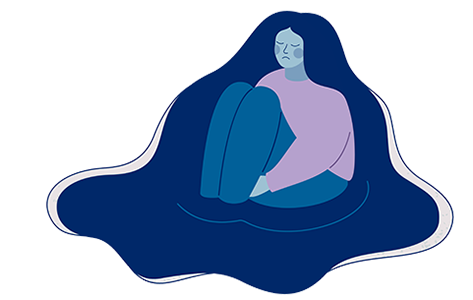
Many factors influence how we mourn, including our relationship with the person who died, the circumstances of the person's death and our experience of previous losses. Our culture and spiritual beliefs as well as changing living or financial conditions also impact how we cope.
Grief
Grief is what we think and feel on the inside after someone we love dies. Experiencing a loss affects the whole self — body, mind and spirit. So, you may experience a variety of emotions, and many people have physical symptoms. Grief is a journey that can be messy and is not as orderly and predictable as you might have been told. Even if a loss was years ago, you can continue to experience pain and sadness.
Mourning
Mourning is the outward expression of grief, how we share our feelings with others. Mourning can help you work through pain and loss, moving toward hope and healing. Sharing your story or crying with others, creating meaningful funerals and rituals can help you connect with your community. Writing in a journal, playing music, and looking through pictures and can help you connect with yourself. What works for a friend or family member, however, may not work for you. Unfortunately, we often compare our grief to others and end up feeling more alone.
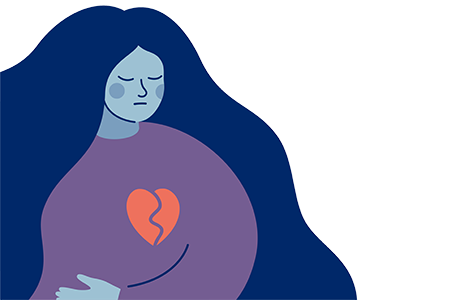
How We Can Help
At Atlantic Health System, we have services and programs to support you and your family on your unique journey through grief. We are glad you have found us and hope you will reach out and explore available resources, or just call to chat and share your story. Our experienced, knowledgeable and caring team can help you navigate all the resources and find the right fit for you. We can connect you with grief support groups, specialized programs for children, counselors and resources that are specific to your experience, such as perinatal loss, suicide or COVID-19.
Please contact us at any of the locations below for more information about how we can help you and your family during this difficult time.
Locations
-
Chilton Medical Center
-
Spiritual Care Department
-
97 West Parkway
Pompton Plains, NJ 07444
- 973-831-5001
- Monday through Friday, 9:00am to 1:00pm. After hours, pastoral care can be received by calling the hospital operator and requesting pastoral care.
-
97 West Parkway
-
Hackettstown Medical Center
-
Spiritual Care Department
-
Morristown Medical Center
-
Spiritual Care Department
-
100 Madison Avenue
Morristown, NJ 07960
- 973-971-5818
- For immediate response 24 hours a day, seven days a week, please call us at 862-289-3678.
-
100 Madison Avenue
-
Newton Medical Center
-
Spiritual Care Department
-
Overlook Medical Center
-
Thomas Glasser Caregivers Center
-
Additional Resources
-
- Spanish Language Support: 908-522-6348
- Atlantic Health System Virtual Support Group: 862-260-3199 #3
- Atlantic Visiting Nurse – Hospice Bereavement: 973-379-8442
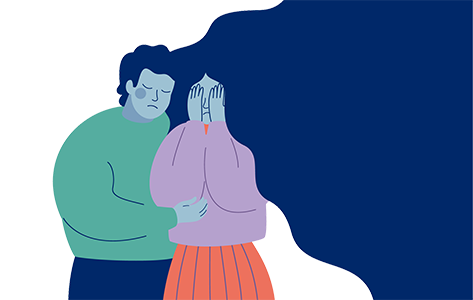
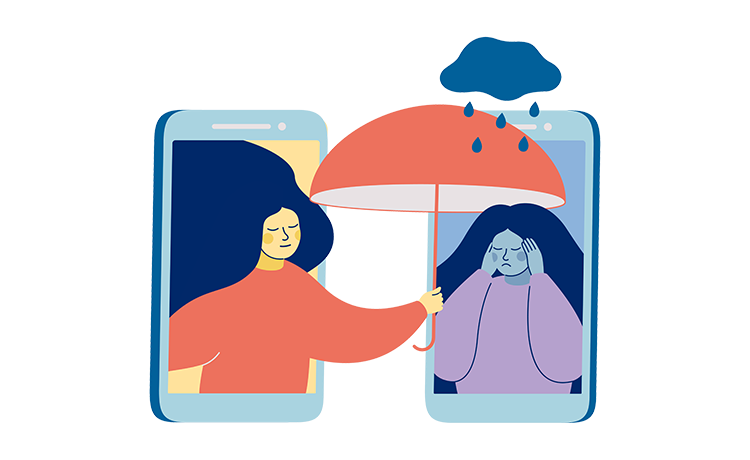
Support Groups and Programs
Support is available for both our patients and their loved ones who are living with illness or are grieving. We have programs designed for specific needs, as well as those with a more general approach.
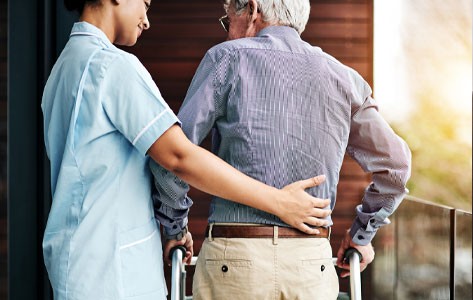
Home Care
Atlantic Visiting Nurse provides palliative care and comfort measures for patients who have an advanced illness, but are not ready for hospice.
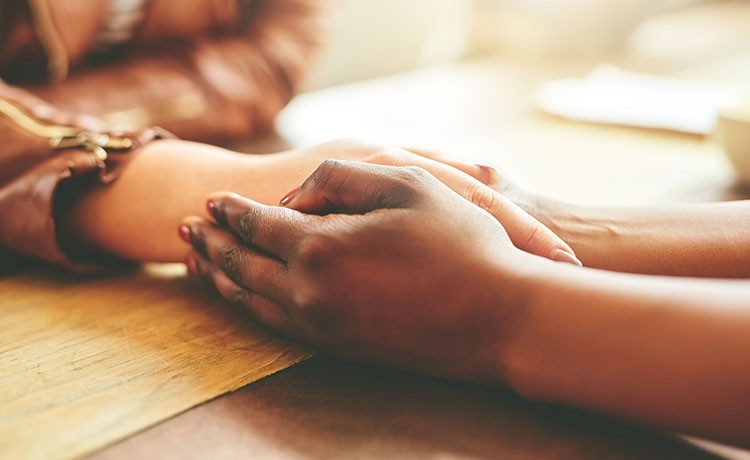
Palliative Care
Palliative care services are designed to enhance the quality of life for patients by relieving symptoms and ensuring that all treatments are aligned with individual preferences and values.
